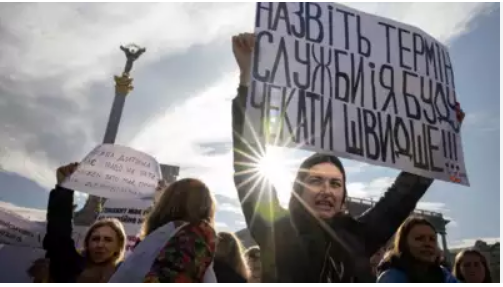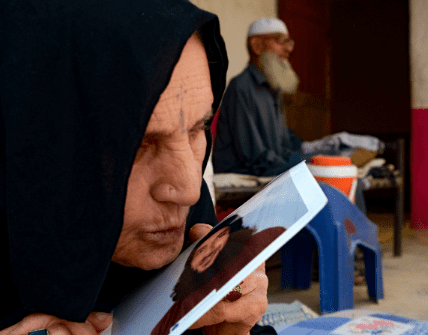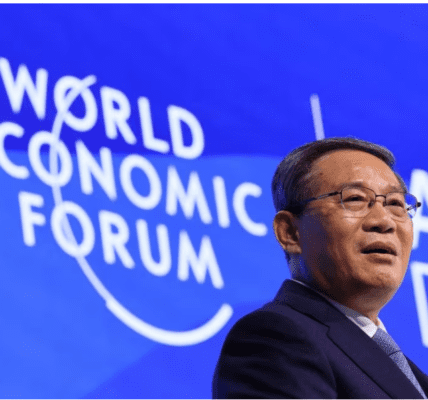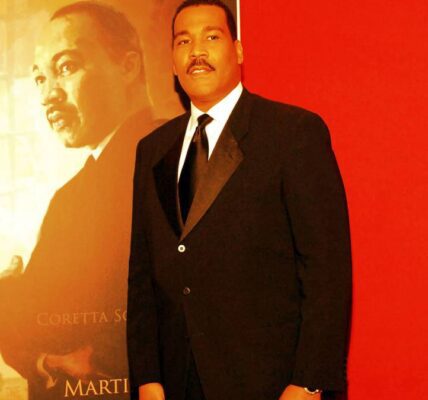- Homepage
- World Affairs
- Voices of Longing: Wives of Deployed Soldiers Plead for Reunion at Putin’s Campaign HQ
Voices of Longing: Wives of Deployed Soldiers Plead for Reunion at Putin’s Campaign HQ
In the heart of Moscow, within the corridors of power, a poignant scene unfolds as Maria Andreeva, alongside other wives of Russian soldiers deployed to Ukraine, visits President Vladimir Putin‘s election headquarters. Their collective plea resonates with a deeply personal resonance: “Bring him home.” This emotional encounter shines a spotlight on the human toll of military campaigns, unraveling the intricate web of emotions, political decisions, and the pervasive impact on families.
Maria Andreeva, like many other military spouses, finds herself on an unexpected and emotionally charged journey. Her husband, mobilized in October 2022 to join the Russian armed forces engaged in the military campaign in Ukraine, represents countless others whose lives have been disrupted by the complexities of geopolitics and national agendas. Maria’s visit to Putin’s campaign headquarters reflects not only her personal plea but serves as a symbolic gesture for the countless wives and families enduring the hardships of separation.
The Human Toll of Military Campaigns: Families Caught in the Crossfire
As the wives gather at Putin’s campaign headquarters, their stories echo the universal anguish experienced by families separated by war. Deployed soldiers become more than statistics; they are husbands, fathers, and sons whose absence reverberates through the lives of those left behind. The emotional toll on families, especially spouses, transcends geopolitical boundaries, highlighting the shared humanity that underlies conflicts.
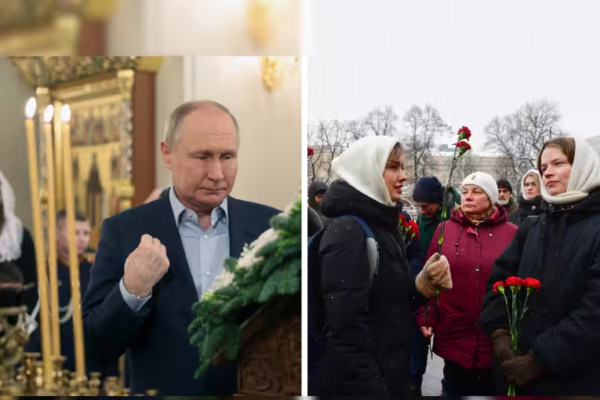
The Russian military campaign in Ukraine has prompted a wave of mobilizations, placing families on the frontline of sacrifice. The wives’ plea is not merely a political statement but a heartfelt cry for the return of their loved ones. Their presence at Putin’s campaign headquarters underscores the profound impact of political decisions on the fabric of individual lives.
The wives’ visit to Putin’s campaign headquarters introduces an intimate dimension to the broader political landscape. Their presence challenges the stoic facade of political maneuvering, bringing forth the very real and palpable consequences of military actions. As they implore for the return of their husbands, the personal and political intertwine, offering a glimpse into the intricate dance between the decisions made in the corridors of power and the resonance felt in the homes of ordinary citizens.
President Putin, as the face of the Russian government, becomes a central figure in this intersection of politics and personal pain. The wives’ plea poses a profound question about the human cost of military campaigns and the responsibility that political leaders bear for the lives disrupted by their decisions. The emotional resonance of these encounters humanizes the political discourse, reminding leaders of the weight of their choices on individual lives.
For the wives of deployed soldiers, advocating for their husbands’ return becomes a delicate dance on the complex terrain of military deployments. Their visit to Putin’s campaign headquarters is not a confrontational protest but a plea for understanding, compassion, and empathy. The wives, in their collective vulnerability, aim to bridge the gap between the impersonal decisions made at the highest levels of government and the deeply personal ramifications felt within their homes.
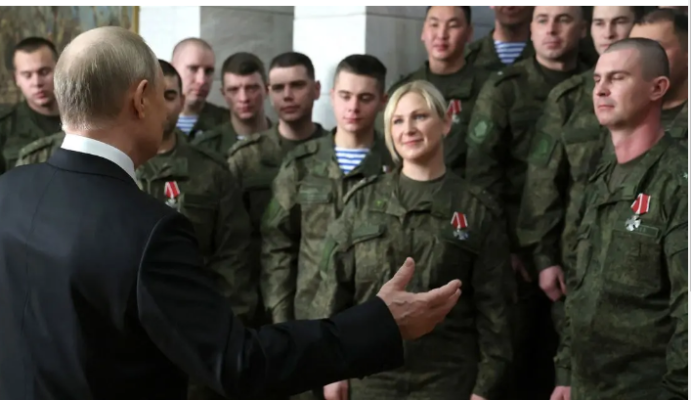
Their role as advocates highlights the dual burden carried by military families – the burden of sacrifice and the burden of navigating the bureaucratic complexities surrounding deployment and repatriation. Their poignant plea transcends political affiliations, emphasizing the shared desire for the safe return of loved ones, irrespective of the geopolitical context.
The Global Impact of Personal Narratives: Lessons Beyond Borders
While Maria Andreeva and the other wives stand at Putin’s campaign headquarters, their stories resonate far beyond the borders of Russia. The personal narratives of military families, irrespective of nationality, create a global tapestry of shared experiences. In an interconnected world, the plea of a wife in Moscow echoes with the sentiments of spouses in conflict zones around the globe.
The intersection of personal narratives and political decisions becomes a lesson for leaders worldwide. The wives’ visit underscores the need for a nuanced understanding of the human cost of military campaigns. As the world grapples with persistent conflicts, the plea for empathy and consideration for the families left behind becomes a universal call for leaders to factor in the human element in their decision-making processes.
Read More News:
- Attorney Joe Tacopina Withdraws from Trump’s Legal Team, Impacting NY Legal Battles
- Trump-Aligned Momentum Jim Jordan Throws Weight Behind Bernie Moreno in Ohio’s Contentious Senate Primary
Maria Andreeva’s journey to Putin’s campaign headquarters, alongside other wives of deployed soldiers, symbolizes the attempt to bridge the gulf between politics and humanity. The wives’ plea, “Bring him home,” is not just a cry for individual reunions but a demand for a broader acknowledgment of the human toll exacted by military campaigns. In the midst of geopolitical complexities, this encounter at the heart of political power serves as a poignant reminder that every decision made in the name of national interest carries with it the weight of personal stories, sacrifices, and a collective yearning for peace.
